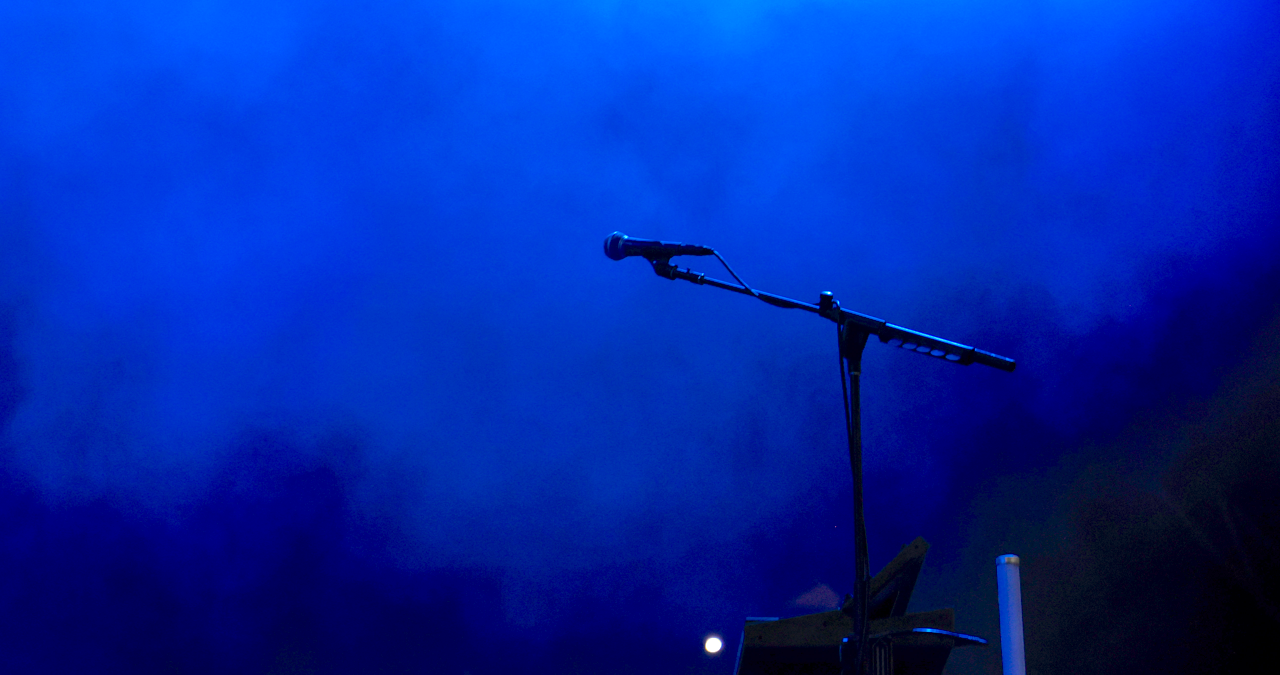
Getting to the point where you are comfortable enough to build a viable full-time income from your music is probably something that many music-makers reading aspire towards. Yet, new research, published by the journal Frontiers in Public Health, indicate strongly that entering into this industry could push you into potentially perilous waters when it comes to your mental health.
This new research reveals the alarming extent of the problem, with musicians’ suicide rates ranking among the highest in the world.
This makes the music industry - in the words of one of the co-authors of the study - “a profoundly dangerous place”.
The study spotlighted that musicians in England had the fourth biggest suicide rate amongst certain occupational groups (the others being construction workers, building finishing tradespeople and agricultural workers).
The professors who co-conducted the study were Senior Lecturer in Cultural Sociology and Creative Industries at Goldsmiths University, Dr George Musgrave and Associate Professor in the Department of Psychiatry and Behavioural Sciences at Emory University in Atlanta, Georgia.
Commenting more on the study’s findings, Musgrave said (as quoted in The Guardian); “The statistics are alarming - shocking. The rates of suicide among musicians which we reveal in this new research paints a picture of a music industry which is demonstrably unsafe.”
In the US, though segmented in a slightly different way, the results show that the highest female suicide rate of any occupation group in the years 2012, 2015 and 2021 were those working within the arts, design, entertainment, sports and media group (which also includes musicians). Men from that category were the third highest rate - with 138.7 out of 100,000 - that’s roughly ten times above the national average. A worrying statistic.
The report also states that this trend isn't just an Anglo-American phenomenon."Although occupational data specific to musicians and suicide mortality in South Korea remains limited, the confluence of highly publicised deaths among K-Pop performers and research examining suicide risk associated with socially-prescribed perfectionism suggests that musicians globally may constitute a vulnerable population requiring targeted intervention strategies."
“Occupational mortality data in the US and the UK should make all of us who love and care about music stop and pause,” Musgrave said. “No other industry would tolerate this level of loss of life and neither should we.” He continues, “the industry needs to get its house in order to confront levels of mortality which are profoundly upsetting and need to be tackled.”
George finds has no truck with the notion of suicide’s romanticisation within the music industry, with the report stating that notions of artists being ‘ troubled, brooding, dark, mysterious, mad and, by extension, in extremis, perhaps, suicidal’ a ‘myth’.
Instead, the research indicated that factors such as anxiety and depression, financial insecurity, the need for consistent productivity having a bearing on creative output and the stress of social media all play their part.
The pair are now calling upon the industry’s major players to instigate a ‘zero suicide framework’ which other professions already operate within.
This report gives clear validation to a range of stories indicating the impact of poor mental health in the music industry. Recently, Chappel Roan and Charlie XCX pledged financial support to Backline Care, who serve to aid musicians and their teams with mental health care.
In the UK and Ireland, Samaritans can be contacted on freephone 116 123, or email jo@samaritans.org or jo@samaritans.ie. In the US, you can call or text the National Suicide Prevention Lifeline on 988, chat on 988lifeline.org, or text HOME to 741741 to connect with a crisis counselor. In Australia, the crisis support service Lifeline is 13 11 14. Other international helplines can be found at befrienders.org.







